Healthy Fats That Are Keto-Approved
Fats often get a bad name for themselves. However, there are many different kinds of fats, and just as there are bad fats that can clog your arteries, there are good fats everyone should try to include in their diets. Beneficial dietary fats protect organs, provide energy, support cell growth, allow for better absorption of nutrients, and assist in hormone production. The 2010 Dietary Guidelines for Americansstated adults should be getting twenty to thirty-five percent of their daily calories from good fats.
Healthy fats are also a key component to the ketogenic diet as they are stored in the body and used for energy when a person is at rest or fasting, resulting in the ultimate fat burn. But how can we tell good fats from fats you should limit consuming? Keep reading to discover the differences and the best fats that are keto-friendly.
The Fruit With The Most Protein

There are so many nutrients and health benefits in avocados that they have been deemed one of the healthiest fruits. Avocados are filled with 19.7 grams of monounsaturated fats per avocado, which is excellent for maintaining a healthy diet, lowering bad (LDL) cholesterol and raising good (HDL) cholesterol. Avocados are also rich in potassium, dietary fiber, vitamin C, vitamin B6, and magnesium. The benefits do not end there! Avocados have the highest amount of protein over any other fruit and over twenty percent of the recommended daily intake of vitamin E, which helps prevent damage from free radicals.
The Better Butter
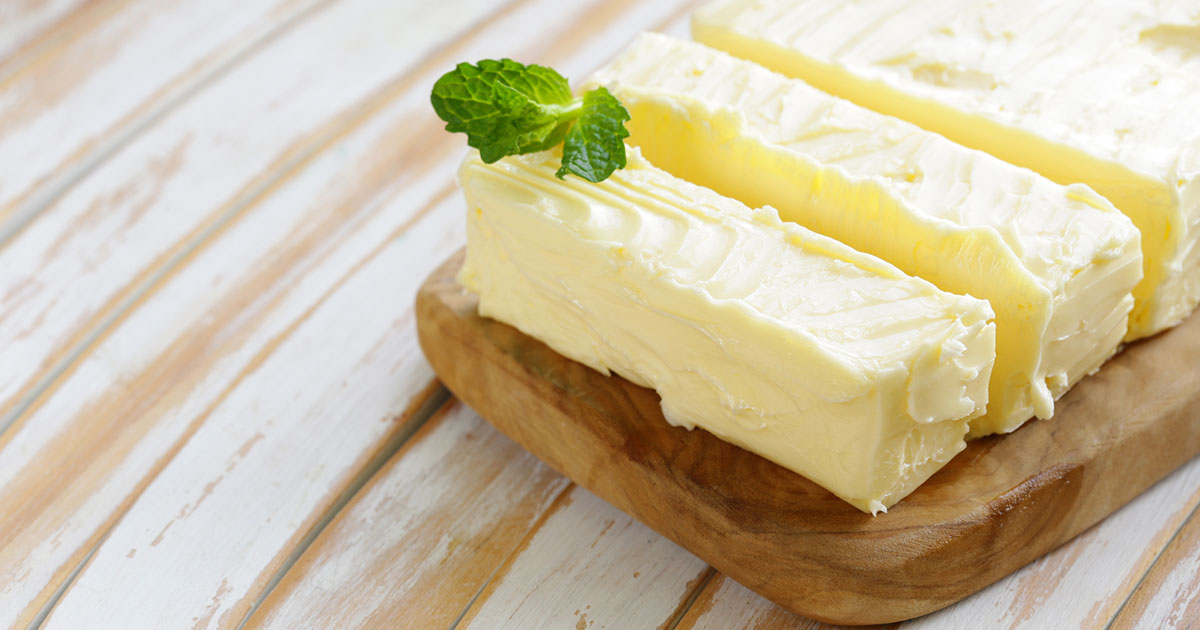
There are many low-fat or no fat butter-like spreads in grocery stores like margarine. However, real butter, specifically grass-fed organic butter, is much healthier than the low-fat alternative. Although butter contains quite a bit of saturated fats, it also contains a lot of monounsaturated fat and omega-3 and omega-6 fatty acids, which help improve brain function and enhance skin health. Real butter is also rich in vitamins A, D, E, K, and contains many minerals imperative to sustaining a healthy diet.
Omega-3 Fatty Acids
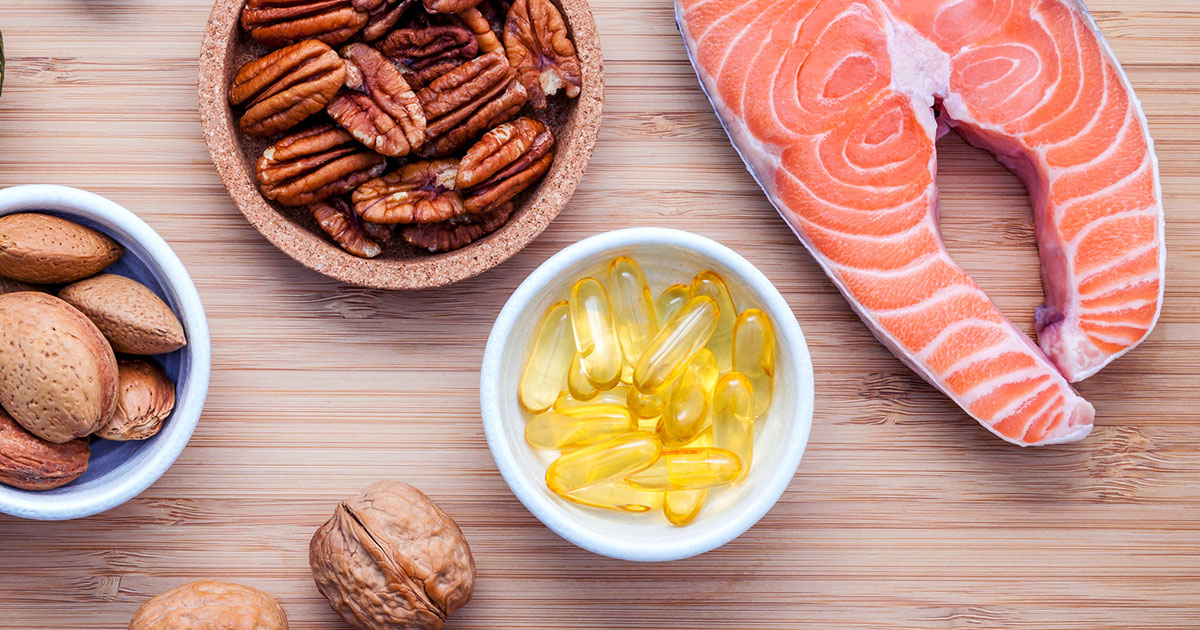
The body cannot produce omega-3s on its own, which is why it is essential to find foods to supplement the fatty acid into a diet. There are three kinds of omega-3s, all of which are great for your diet: alpha-linolenic acid (ALA), docosahexaenoic acid (DHA), and eicosapentaenoic acid (EPA). Both DHA and EPA are omega-3s found in seafood like salmon, herring, and tuna or within fish oils, whereas ALA omega-3 can be found in some plants, nuts, and seeds. The body can convert some ALA omega-3 to DHA and EPA to low efficiency. However, patients who do not like or eat much seafood are recommended to attempt using fish oil supplements to fulfill the omega-3 requirements.
Nuts, Seeds, And Butters
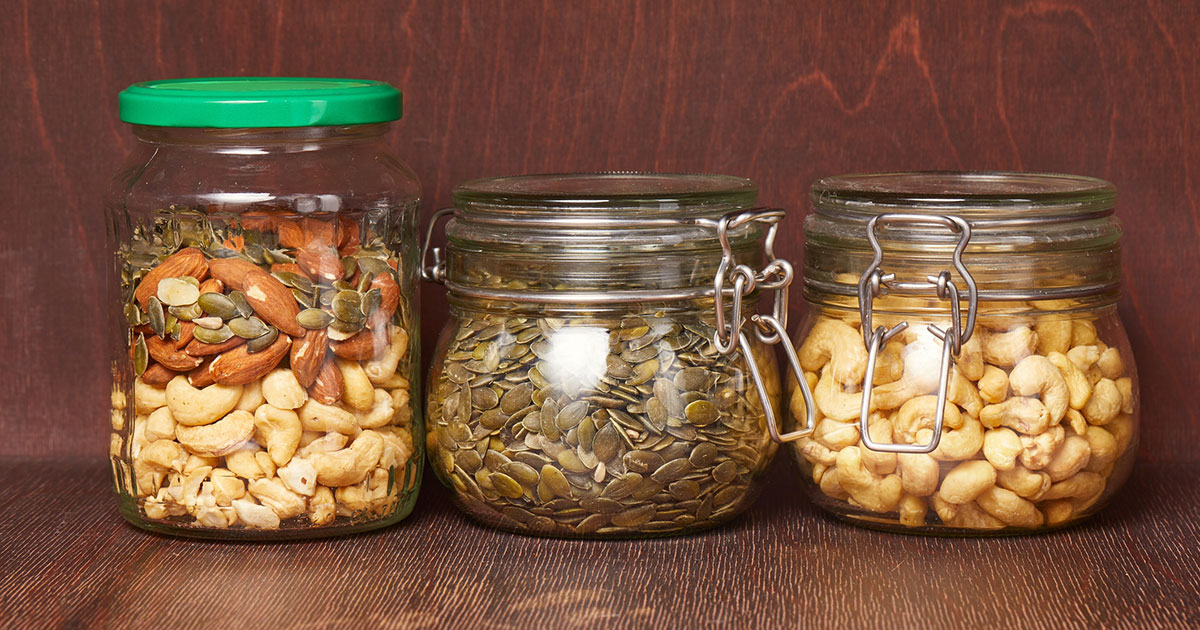
Nuts and seeds are easy to transport and snack on, and they are rich in omega-6s, monounsaturated fats, and many other nutrients. For such a small snack, they are packed in proteins, fiber, and minerals such as calcium, iron, and magnesium. Nuts and seeds are great sources for obtaining healthy fats, as well as lowering LDL cholesterol levels. They are also rich in antioxidants, which is why they are considered brain foods, and they are even linked to naturally combating depression. There are many nuts and seeds individuals can add to their diets, including nut butters, each with their own nutritional information. However, they are all great sources of healthy fats.
Grind It Up With Ground Flaxseed
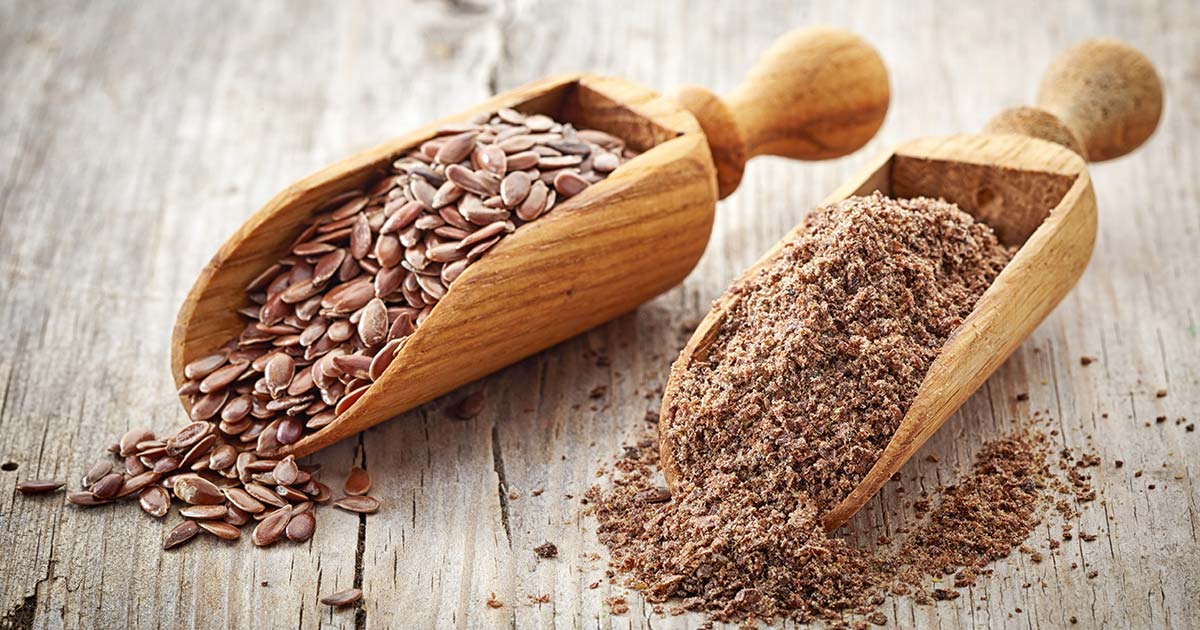
In addition to walnuts, pistachios, and almonds, flaxseed is a wonderful source of healthy fats and ALA, an essential omega-3 fatty acid that helps with weight loss, reduces the risk of heart disease by promoting blood vessel health and reducing inflammation within the body. One cup of ground flaxseed has an outstanding forty-eight grams of healthy fat that is unsaturated, and an individual only requires one to two tablespoons to reap all the benefits! Ground flaxseed, in particular, is a great option for vegetarians or those who do not eat fish to meet their daily needs of omega-3 fatty acids as well.
Flaxseed also contains a whopping 800 times more lignans than other plant-based foods, such as tofu and soy, and these plant-based foods contain estrogen and antioxidant properties that may help to prevent certain types of cancer. Although it is great for women, be forewarned though that men need to be mindful when consuming foods that contain natural amounts of estrogen in it! Lastly, ground flaxseed also has insoluble and soluble fiber that makes an individual feel fuller for longer, as well as helps to decrease LDL cholesterol levels and promote an overall healthier heart. Add a bit of ground flaxseed to yogurt, oatmeal, or in a smoothie for the ultimate healthy fat concoction!
Crack Some Eggs To Find Good Fats

Eggs are loaded with protein, healthy fats, and HDL cholesterol. When consumed, they can lower LDL cholesterol, bad cholesterol, while improving overall heart health. A diet rich in eggs can reduce the risk of high blood sugar levels, and abnormal cholesterol levels, which in turn reduces the risk of heart disease, stroke, and type two diabetes.
Eggs are also high in choline - which is a nootropic - also known as cognitive enhancers or smart drugs, which can help prevent memory loss. Aside from aiding memory, choline has been shown to protect the liver, and in some instances, repair liver damage. Pick up a carton of eggs and get cracking to discover another food full of healthy fats to add to your diet.
Cheese, Please
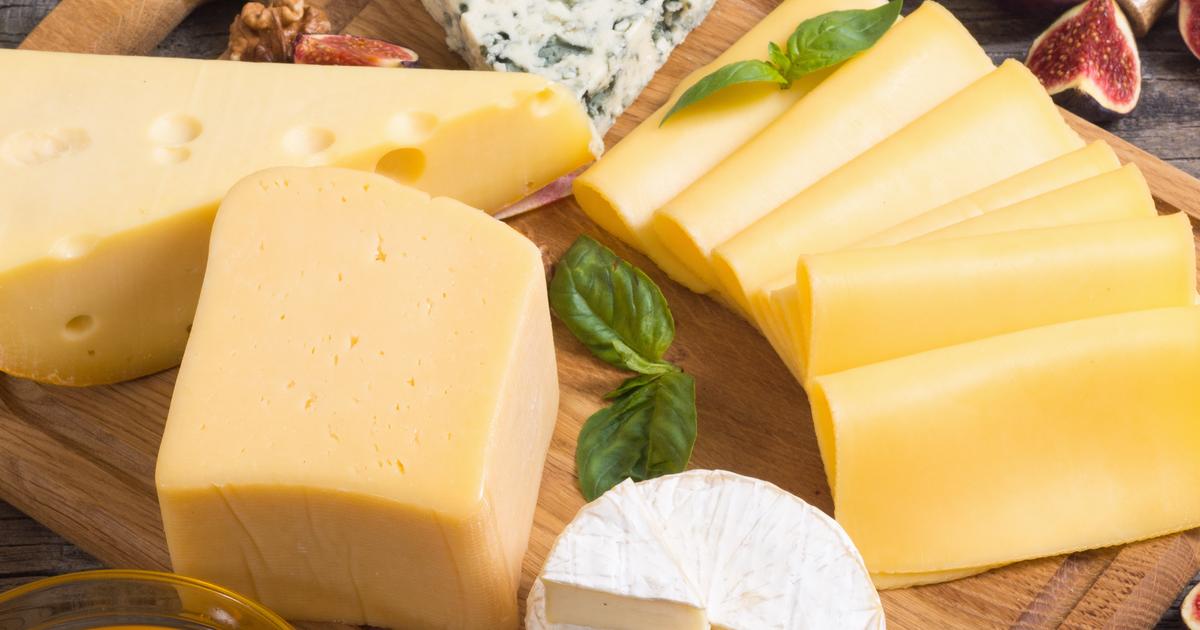
Not only is cheese incredibly delicious and versatile, as it can be used in numerous recipes, but is it highly nutritious and packed with quality, healthy fats too. This makes sense as approximately an entire glass of milk is used to create a single thick slice of cheese, and is a great source of calcium, vitamin B12, selenium, and phosphorus, as well as numerous other nutrients that the body needs. Besides high in fat, cheese is also loaded with protein, as a single slice of cheese can contain 6.7 grams of protein, similar to a glass of milk, and like other high-fat dairy products, cheese also contains mighty fatty acids that have a variety of health benefits, such as helping to reduce the risk of Type II diabetes.
Chi-Chi-Chi-Chia Seeds!
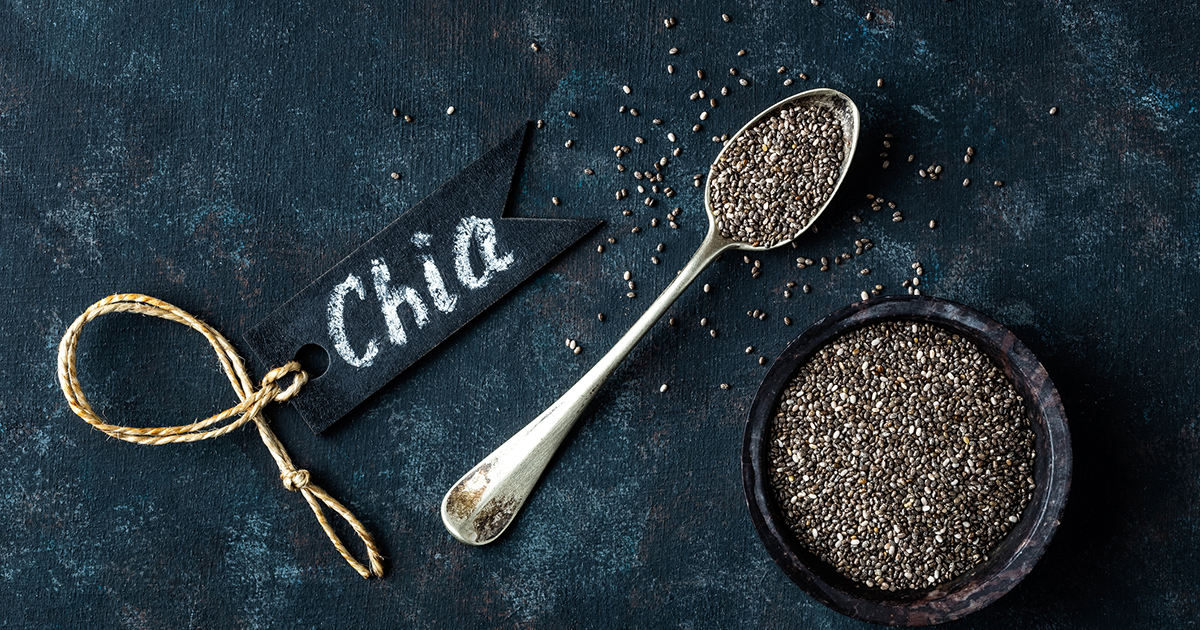
Ironically, chia seeds are not perceived to be a fatty food source, however, a single ounce, or twenty-eight grams, of chia seeds contains a whopping nine grams of fat. To further break it down, almost all of the carbs in chia seeds are composed of fiber, with the majority of the calories found in chia seeds coming from the healthy fat it contains. Truthfully, chia seeds are approximately eighty percent fat-based, making them a powerful high-fat plant-based food. Many of the fats that make up a chia seed consists of the heart-healthy omega-3 fatty acid known as ALA, contributing to their health benefits of being a mighty seed that helps lower blood pressure and reduces inflammation within the body.
Coconuts And Coconut Oil
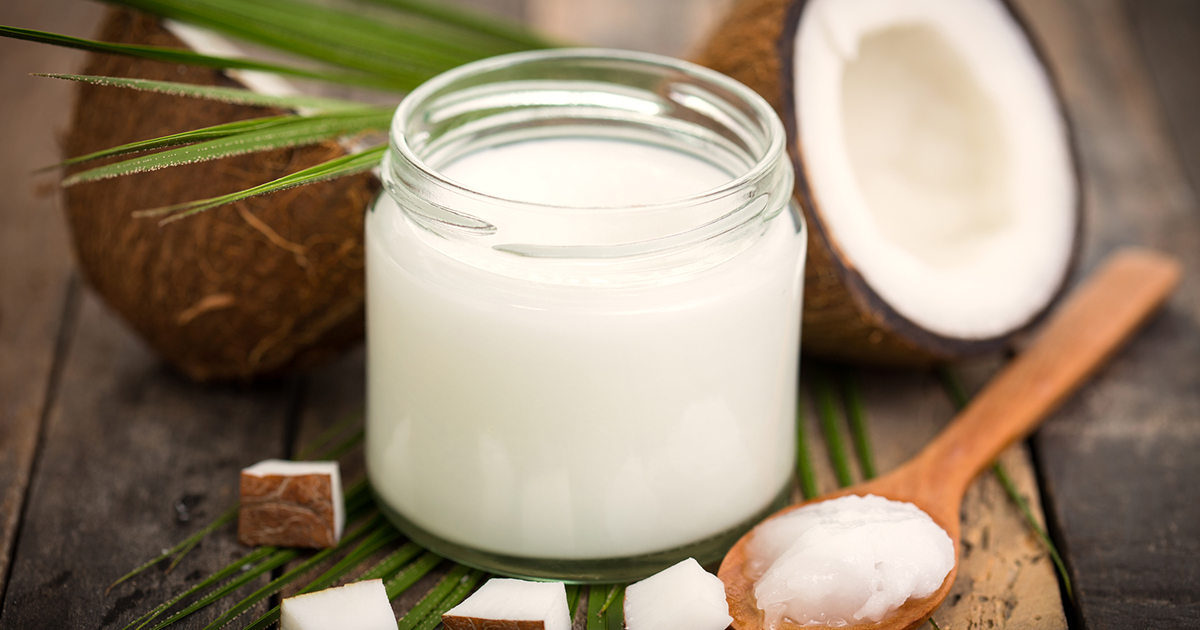
Go cuckoo for coconuts and coconut oil! Coconuts and coconut oil are one of the richest sources of saturated fats you will ever find, as about ninety percent of the fatty acids that make up this tropical nut are saturated. Funny enough, coconut fats are different from most other fats, and are largely comprised of medium-chain fatty acids, which are metabolized differently within the body as they go directly to the liver where they are transformed into ketone bodies.
Research has shown that medium-chain fats help to suppress appetite, allowing individuals to eat fewer calories, and can boost a person's metabolism by 120 calories in a single day! Further studies have proven that coconut and its oil can benefit many patients living with Alzheimer's and other neurological conditions, as well as helping others lose stubborn belly fat. When following the ketogenic diet, try to use refined coconut oil when cooking or adding this fatty oil to meals, and avoid consuming real coconuts, as they contain more carbs than fat and proteins!
Extra Virgin Olive Oil
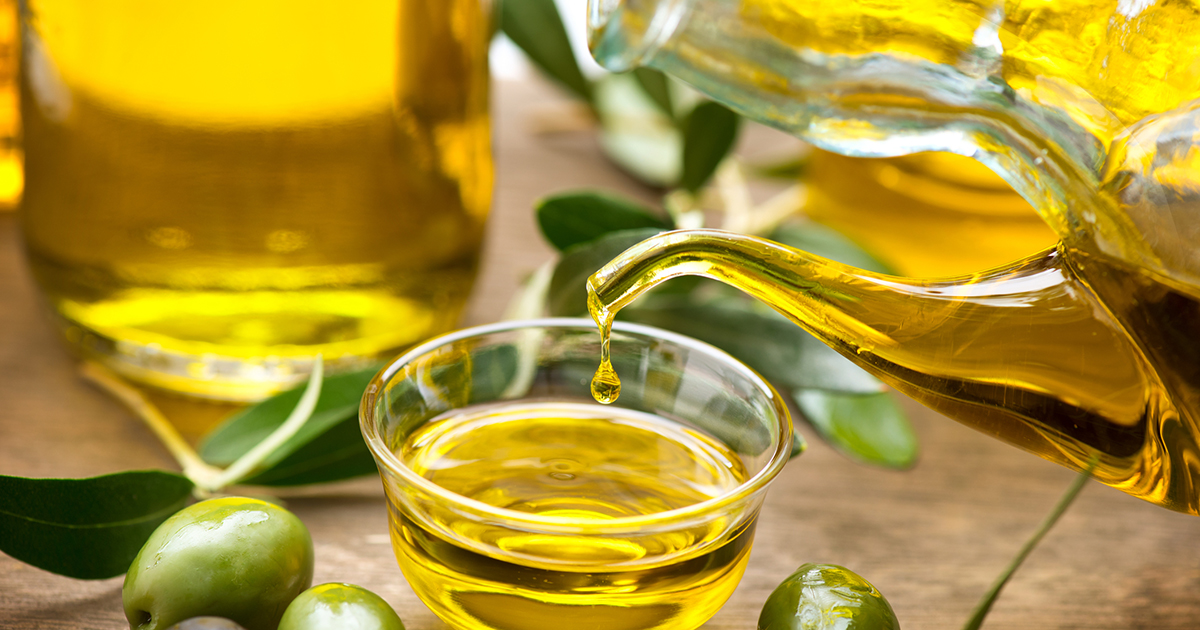
Another great source of a healthy fat is extra virgin olive oil, as it is the main component in numerous diets, such as the Mediterranean diet and Ketogenic diet, due to its high-fat content. Extra virgin olive oil contains various vitamins, such as E and K, along with incredible antioxidants, which can aid in fighting inflammation and protect the LDL particles in the blood from becoming oxidized. Extra virgin olive oil can also help lower blood pressure, improve cholesterol levels, and help reduce many of the risks associated with heart disease.
Full-Fat Yogurt
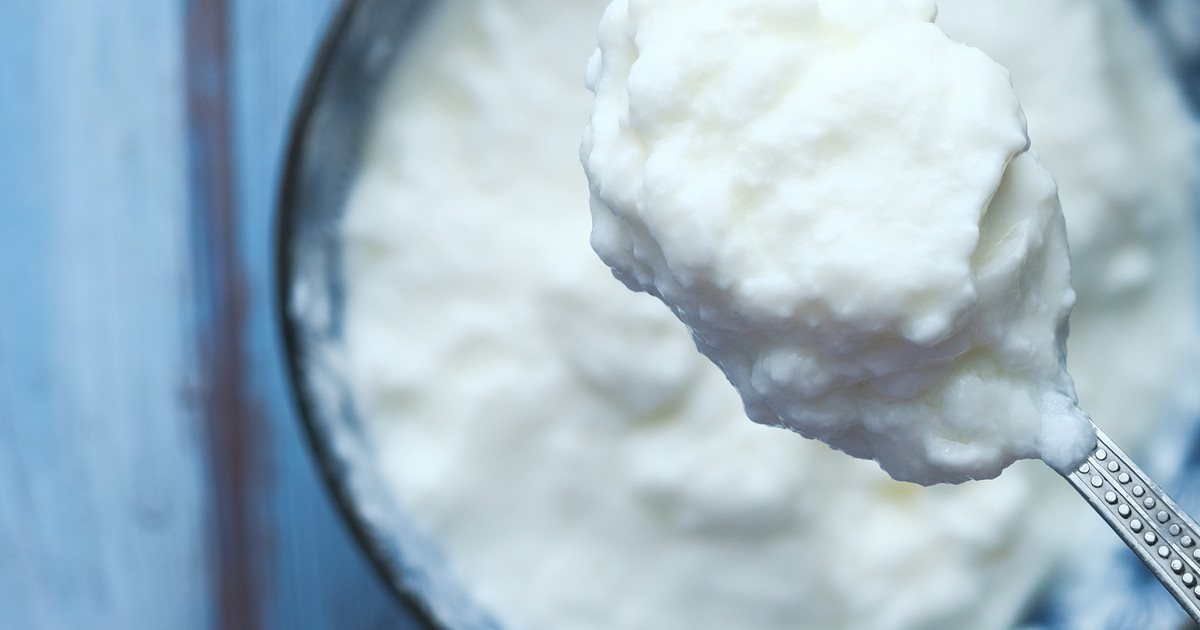
Despite what many individuals might believe, full-fat yogurt is healthy for you! Just like other high-fat dairy products, full-fat yogurt contains numerous important nutrients, as well as healthy probiotic bacteria that can significantly improve one's health. For instance, research shows that yogurt can lead to amazing improvements in digestive health, and can possibly reduce the risk of heart disease and obesity in many individuals. To ensure you are getting the most out of full-fat yogurt, always read the label and ensure that your selection is indeed full-fat, and not a low-fat option, as these types of yogurt tend to contain tons of added sugars, which can have a detrimental effect on your health.
Get Heavy With Cream And Milk

Need more healthy fats in your life? Full-fat dairy is the answer! A study review in the European Journal of Nutrition uncovered that individuals who consume full-fat dairy products, such as heavy creams and milk, had a reduced chance of developing obesity compared to those who ate low-fat dairy options, and there was no connection between full-fat dairy and diabetes or heart disease as previously believed. Although heavy creams and milk do contain healthier fats and more calories, they are also more filling. Heavy creams are also an incredibly healthy full-fat dairy option as heavy cream helps to balance a person's blood sugar levels between meals, giving an individual consistent brain power and energy.
Although raw milk has been controversial the last couple of years, raw milk does keep intact all the essential vitamins, nutrients, minerals, and natural enzymes found in dairy. Raw milk comes from grass-fed cows, and the milk has not been pasteurized or homogenized and does not contain added sugar, preservatives, or other ingredients as some types of milk contain. Raw milk may even help to reduce dairy allergies as well, according to some studies. Goat milk is also a great source of healthy fats and is easily digestible by the stomach, making it a wonderful alternative for those who have gastrointestinal issues.
Tofu
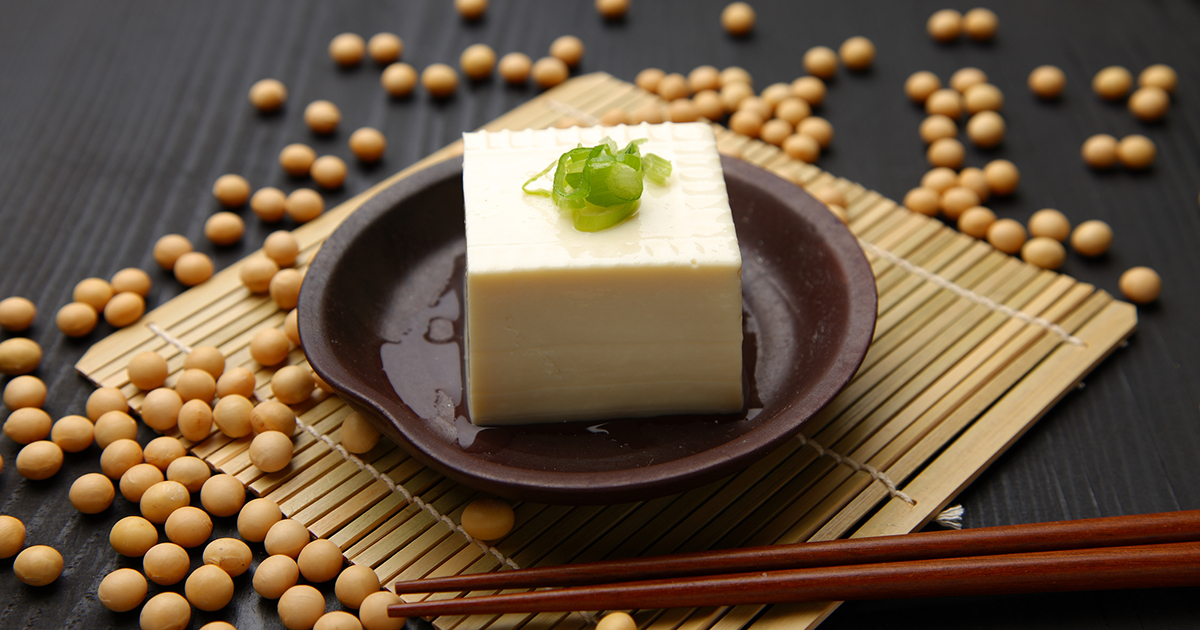
What it lacks in taste, it completely makes up for in fat content! Tofu is a complete plant protein, and is an essential source of monounsaturated and polyunsaturated fats, as just one single serving of 100 grams of firm tofu can provide an individual with over four grams of fat. In addition to providing healthy fats, a single serving of tofu also provides one-quarter of an individual's daily calcium intake, as well as eleven grams of protein. Now that is one powerful plant!
Lean, Grass-Fed Meats
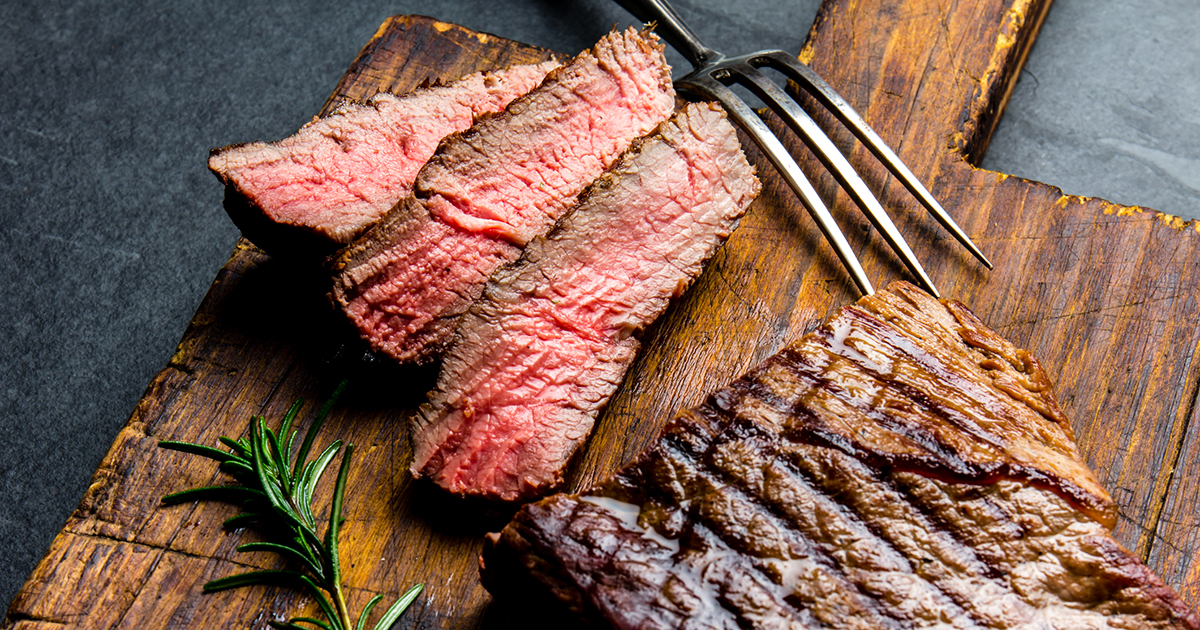
Believed to be a high-fat food and often overlooked for a preference for chicken and turkey, beef and pork are actually not as high in unhealthy fats as many may think, especially if an individual chooses grass-fed, lean cuts of beef or pork. On average, a lean cut of steak contains only five grams of fat and less than two grams of saturated fat per three-ounce serving, and not to mention, lean beef is a fantastic source of proteins, iron, and zinc, all incredibly healthy nutrients the body needs, especially for women. One three-ounce portion of grass-fed, lean beef contains a staggering twenty-five grams of muscle-building protein, three times more iron than one cup of spinach, and a third of one's daily zinc needs to support a healthy immune system. Lean cuts of pork that are grass-fed, such as pork tenderloin, is also a healthy source of good fat when consumed in moderation. Bacon is a staple in the ketogenic diet and is considered healthy when it comes from grass-fed pork and in its fatty, natural state without added preservatives like nitrates or sodium.
Red meat, in particular, provides our bodies with healthy fats, but eating grass-fed meat products is where the distinction lies. A study in the Nutrition Journal discovered that grass-fed meats contain stearic acid, omega-3 fatty acid, and conjugated linoleic acid or CLA, which helps to prevent cancer, heart disease, diabetes, and other diseases as well, as grass-fed is naturally leaner and healthier than corn-fed meat, as it does not contain added hormones or steroids.
It Tastes Great, And It Is Good For You Too
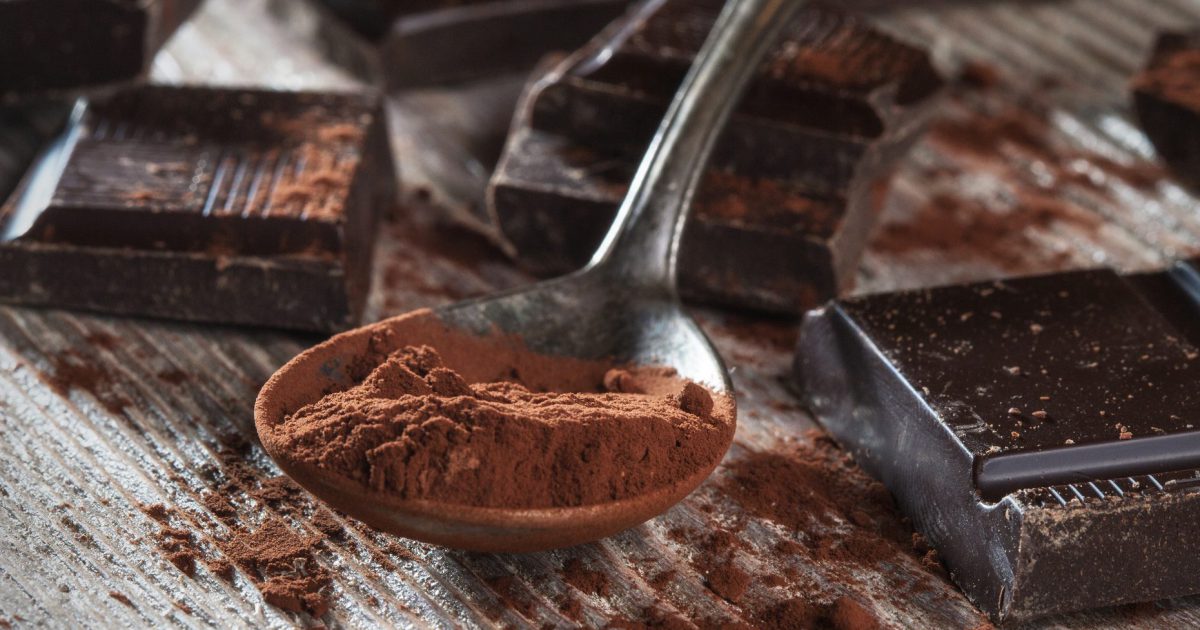
Dark chocolate consisting of seventy to ninety-nine percent cocoa is high in healthy fats and fatty acids, as well as many other nutrients such as potassium, copper, magnesium, and iron. Consuming small amounts of dark chocolate two to three times per week can help lower blood pressure and improve overall mood, concentration, and cognitive health.
However, patients are recommended to read their chocolate bar labels before purchasing to ensure they are consuming dark chocolate with seventy percent cocoa or more since as stated, these chocolates have less sugar and more antioxidants. Dark chocolate below seventy percent cocoa has fewer health benefits, more sugar, and more saturated and trans fats. Also, when following the ketogenic diet, also read the label to check the sugar, carb, and fat contents, and try to eat keto-friendly dark chocolate or make your own at home with keto-approved cocoa powder and avocados!
What Fats To Eat And Which To Avoid
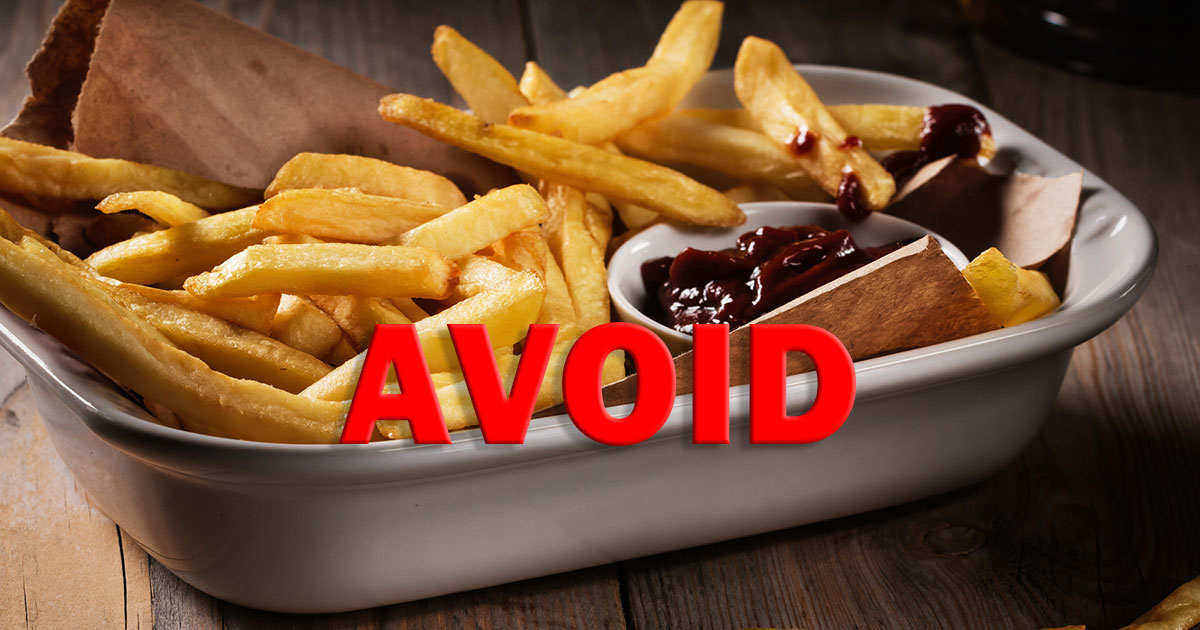
Good fat to add to a healthy diet is polyunsaturated fats which humans cannot produce but is excellent for to help lower cholesterol levels. Other healthy fats include unsaturated fats, omega-3 fatty acids which fight inflammation and help lower blood pressure, and monounsaturated fats which raise good cholesterol levels (HDL) while lowering levels of bad cholesterol (LDL). Omega-6 fatty acids are still under speculation whether or not they are not good for a healthy diet. However, they are still healthier to consume alongside omega-3 if limiting the intake of bad fats.
The Dietary Guidelines for Americans recommend no more than ten percent of total calories consumed in a day should come from saturated fats. Other fats individuals should avoid or limit in their diets include cholesterol, specifically LDL cholesterol, and trans fats.
